The Granada Science Park (Parque de las Ciencas) was the first interactive museum in Andalucia. A full day out for all the family.
By Nick Nutter | Updated 18 Apr 2022 | Granada | Places To Go |
Login to add to YOUR Favourites or Read Later
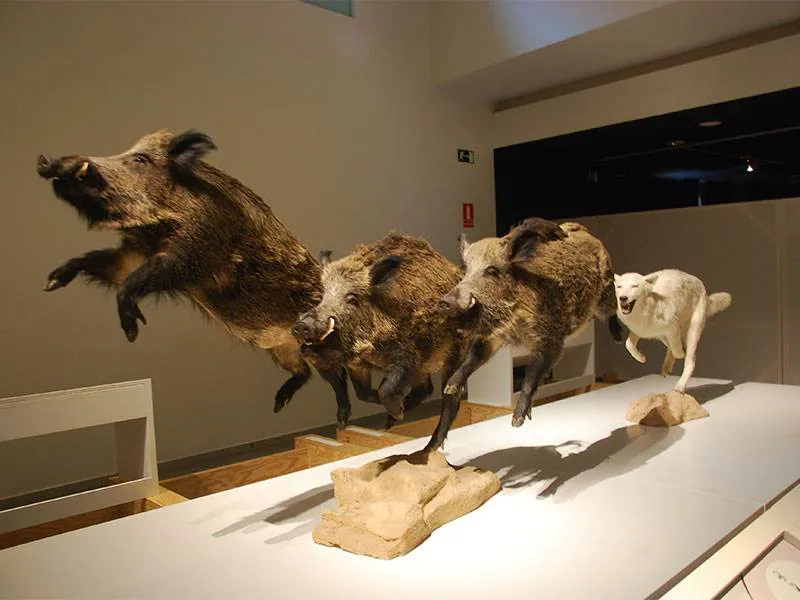
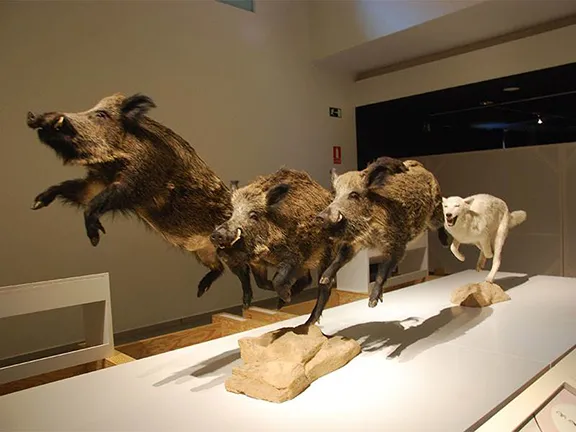
WOW exhibition
Andalucia’s first interactive museum, Parque de las Ciencias, opened in 1995. It now covers 70,000 square metres. The park is divided into eight permanent exhibition halls and several temporary exhibition areas. The science park is a fun and educational day out for all the family.
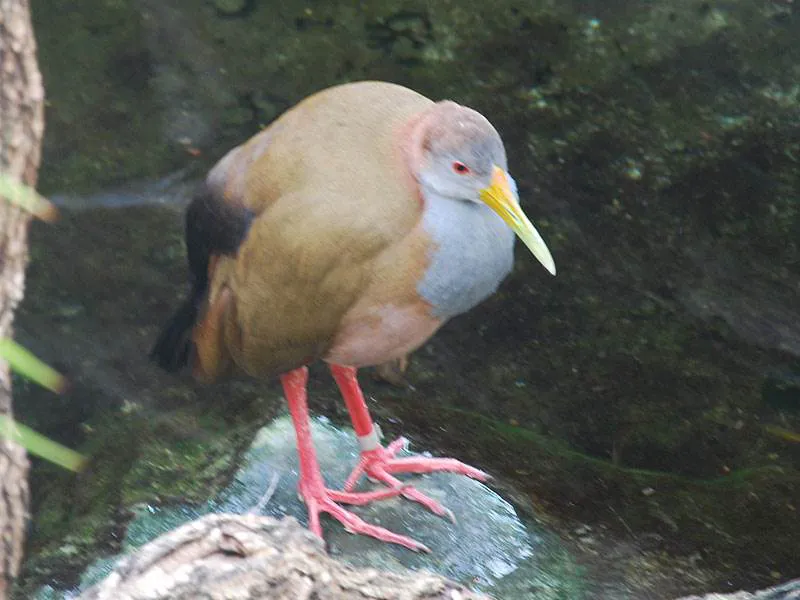
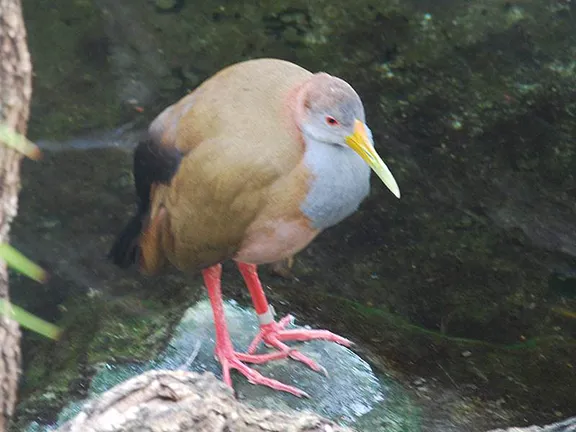
Amazon rain forest
The park is entered via Foucault’s Pendulum Building. You are immediately confronted with, a Foucault Pendulum. These pendulums hang suspended by a long wire, the longer, the better. The suspension point of the pendulum (the hook in the ceiling) traces out a circular path each sidereal day. The maths is fascinating, but you will have to go to the science park to study it.
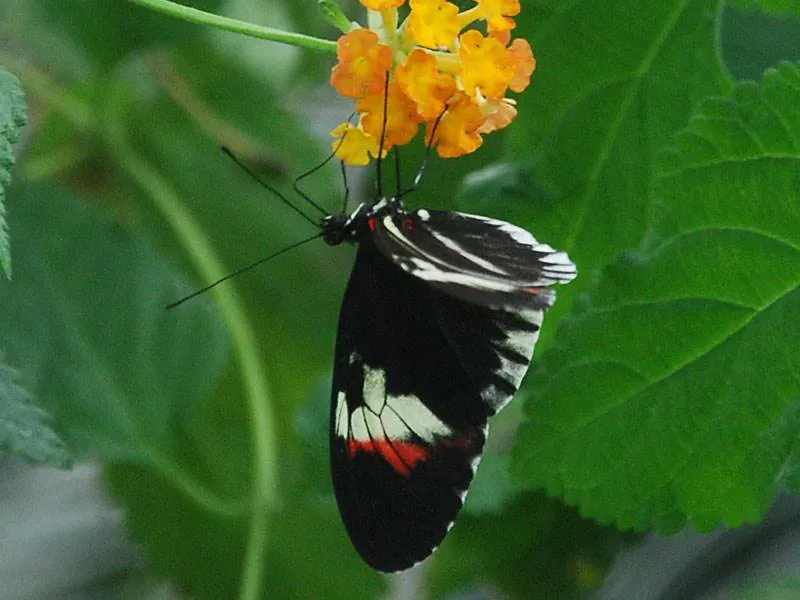
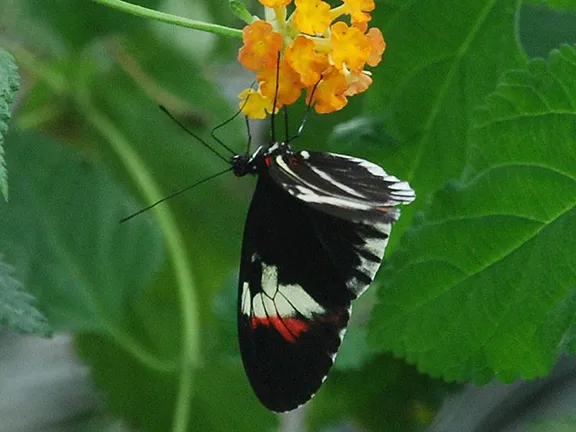
Inside the butterfly house
Next, you can walk through the evolution of the universe from the Big Bang to the present day, and there are some wonderful demonstrations of self-contained ecosystems.
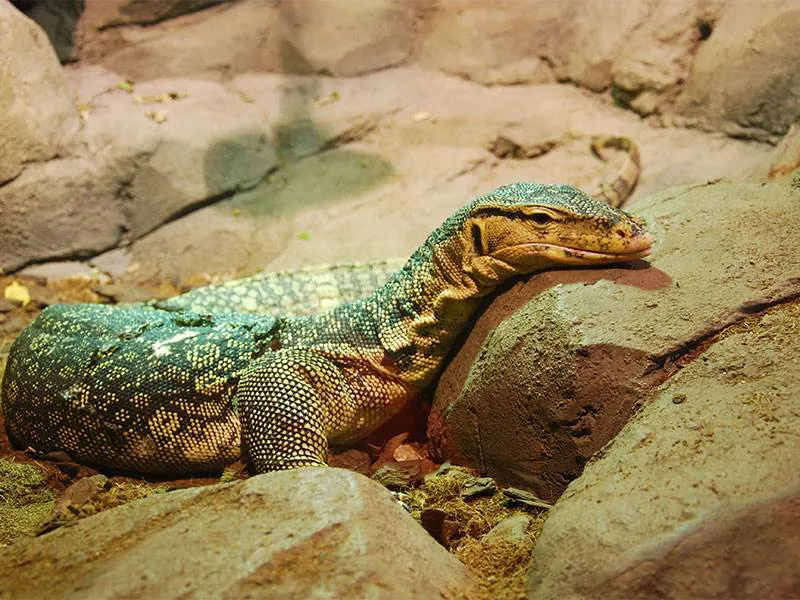
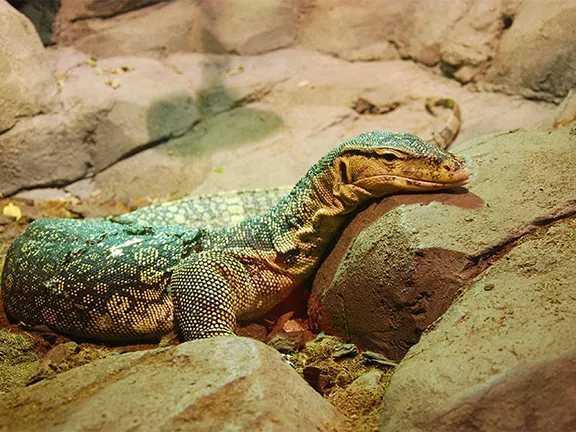
Reclining lizard
A tour of the human body with explanations of genes, DNA, white cells, red cells and mutations is as captivating for adults as it is for children. Try the 'brainwave' machine.
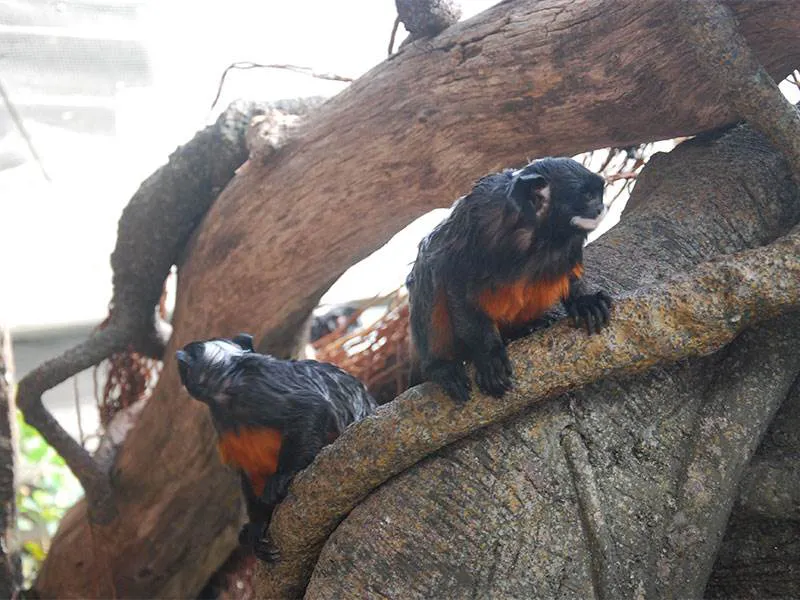
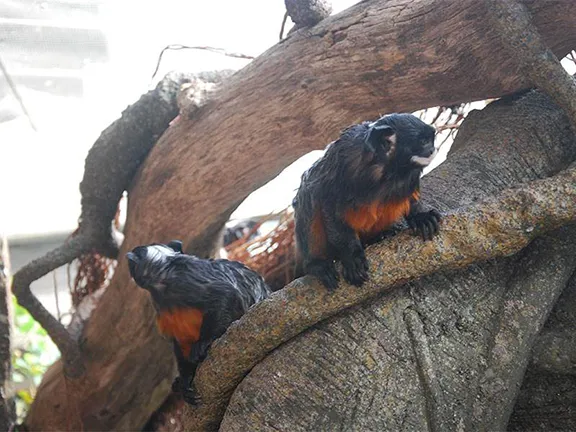
Two toed sloths
Outside you will find a dolmen tour in a replica dolmen and a maze composed of various herbs. The Butterfly House is a colourful distraction.
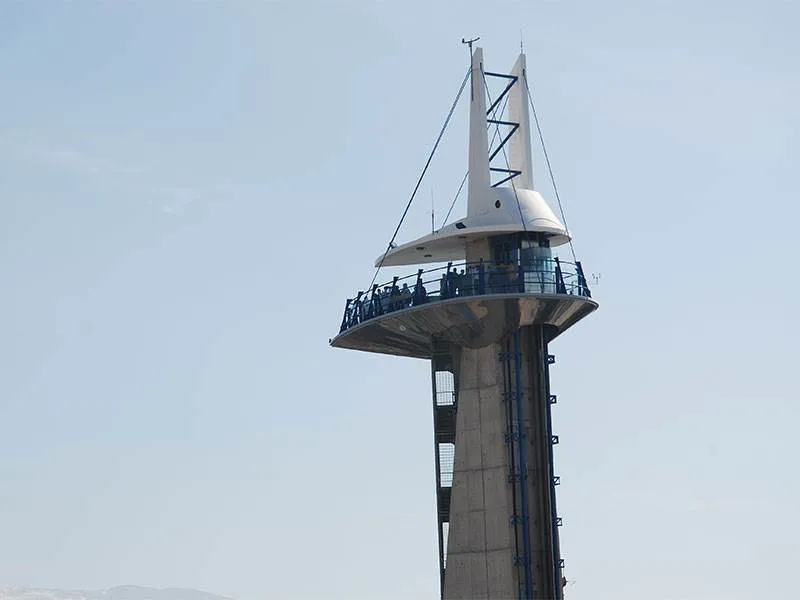
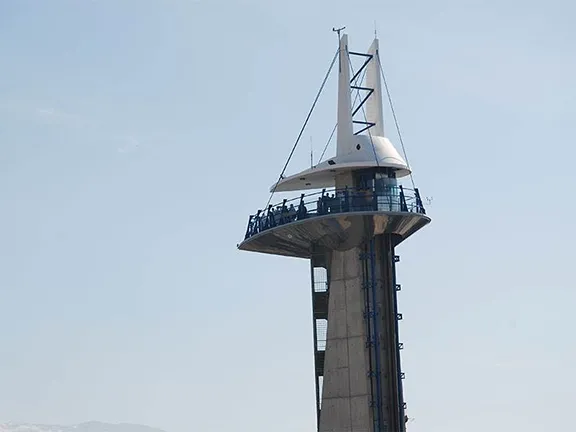
Observation tower
Inside again to the Biodome. Groups of people are allowed entry at predetermined times so make sure you have a time allocated when you pay for your overall entrance ticket. Glass walled aquariums enable you to see the wonders of coral reefs and beneath mangrove swamps before you ascend to above water level and walk through the mangroves and tropical vegetation. Vegetation and animals live in environments created to imitate the Amazonian rain forest, and the jungles of the Indo Pacific and Madagascar. Toucans and finches flit about while sloths and lemurs swing from the branches. Amphibians, including iridescent blue, green, yellow and red frogs live in enclosures set into the forest. Crocodiles while away the day in the pools.
It is a short walk from the steamy heat of the jungles to the airy views obtained at the top of the 50-metre high observation tower. From the platform at the top of the tower, you probably have the best views over Granada.
The appropriately named WOW exhibition is a fantastic demonstration of the art of taxidermy. These are not just stuffed animals mounted on walls or stands. They are action shots, capturing a single moment in the life of the animals. A pack of lions prey on a herd of zebra, wolves take on wild boars, and leopards chase gazelle. A family of ibex look on from a rocky outcrop. Each tableau contains animals in mid-leap with no visible means to support them in mid-air until you realise that each one touches the next and that the whole is a balanced sculpture. If one animal fell, they would all fall. Symbiotic with the ecosystems in which they live that humans seem determined to destroy.
Moving on to the Hall of Perception. This area looks at the relationship between light and sound and how humankind, from the earliest days, has produced instruments that reflect that relationship. An enclosed space consists of projectors throwing vertical bars of blue and white light on a backcloth. As you pass through the area, you create airwaves that cause the light bars to, in turn, form waves. Those light waves are converted to sound. Harmony or discord, it is your move.
There are at least a dozen areas of particular interest ranging from a Forest of Senses to a study of the causes and prevention of accidents. Workshops and demonstrations happen throughout the day at set times. It is difficult to impossible to see and experience everything in one day.